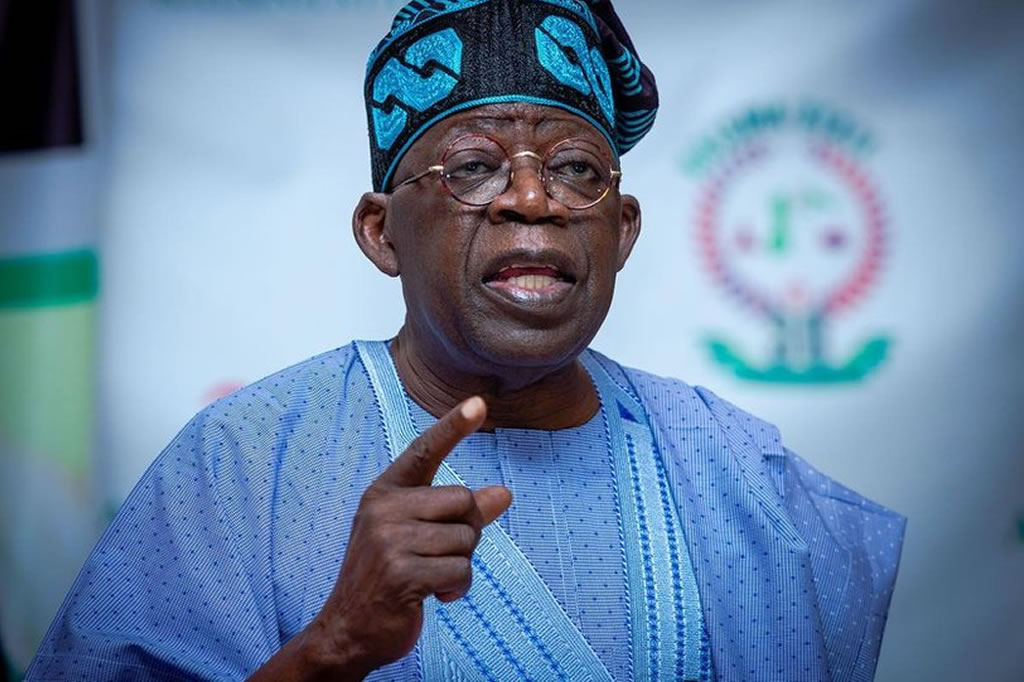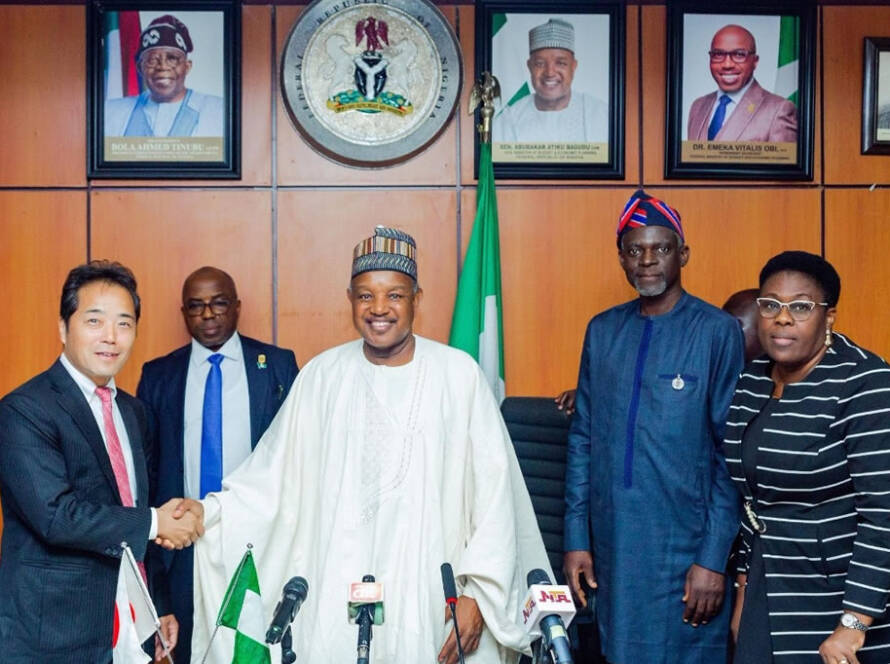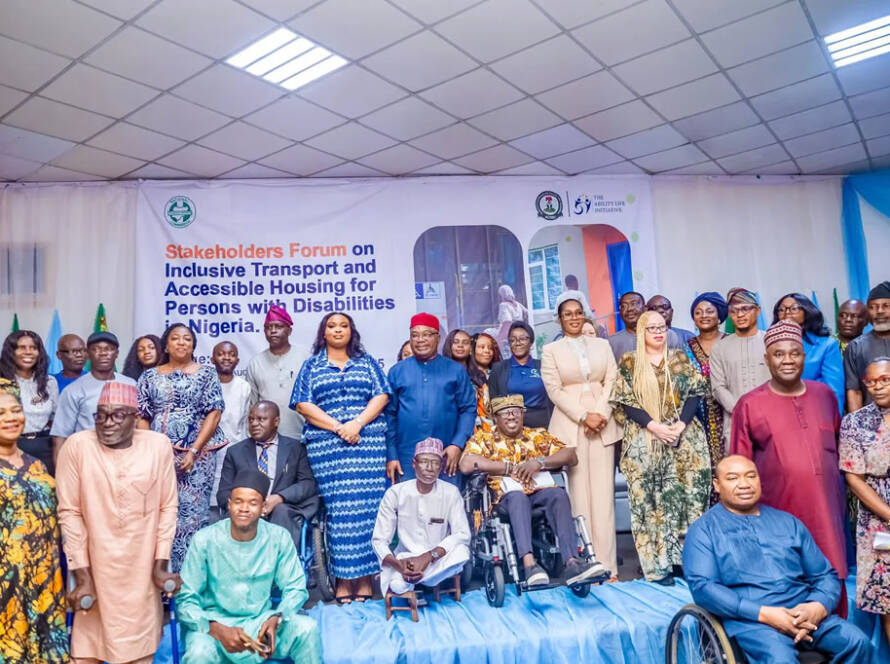President Bola Ahmed Tinubu’s administration is placing diplomacy at the center of Nigeria’s economic strategy. According to the Minister of Budget and Economic Planning, Senator Atiku Bagudu, the President is personally driving Nigeria’s international engagements to secure trade, attract investment, and forge partnerships that will reposition the country for global economic relevance. This approach reflects his conviction that diplomatic influence must directly translate into economic opportunities for Nigerians.
The policy is anchored on strengthening Nigeria’s voice within multilateral platforms such as the United Nations, African Union, G20, and BRICS, while also advancing bilateral agreements that enhance exports, attract foreign direct investment, and unlock new financing opportunities. By leading from the front, President Tinubu is ensuring that Nigeria is not only a participant in global diplomacy but also a nation shaping economic conversations and partnerships on the world stage.
This diplomatic thrust is firmly tied to ongoing domestic reforms that create an enabling environment for investments. Initiatives such as fiscal responsibility, exchange rate unification, energy reforms, and infrastructure expansion are being showcased to the international community as part of a coherent plan to make Nigeria a prime destination for global capital. The President’s international trips, investor engagements, and participation in global forums are therefore not ceremonial but strategic policy tools aligned with his Renewed Hope Agenda.
Ultimately, this approach marks a decisive shift from reactive diplomacy to proactive economic diplomacy. By personally championing Nigeria’s cause, President Tinubu is projecting the nation as a partner ready to contribute meaningfully to global growth while securing the benefits of stronger trade, increased investment, and sustainable prosperity for citizens.




